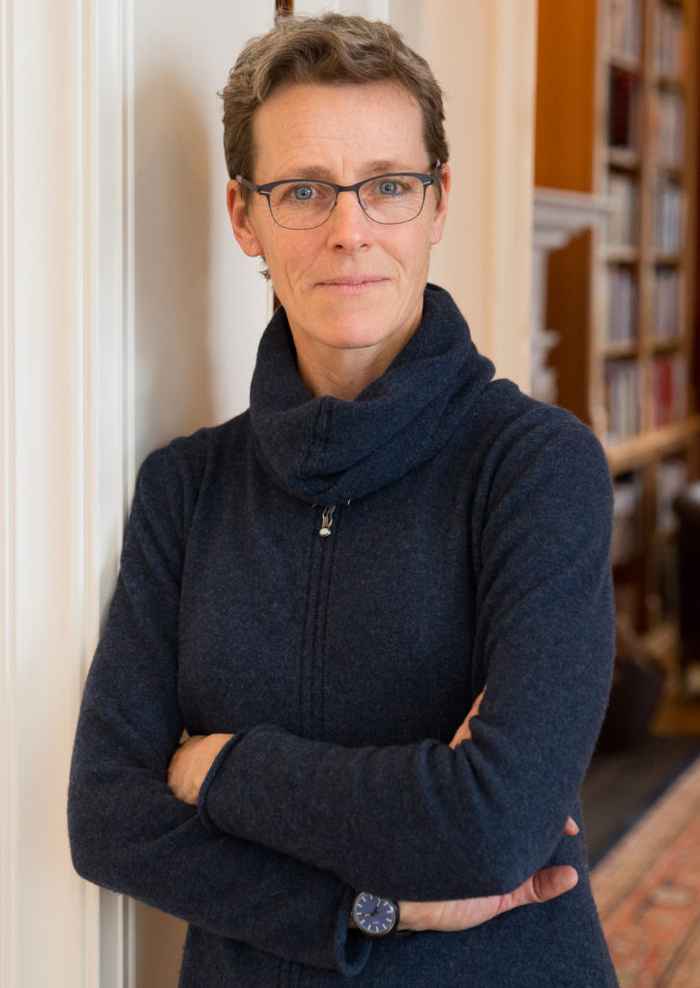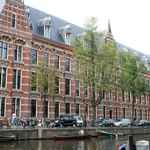The Self-Provisioning City in the Long 20th Century
ACUH seminar with Kate Brown
- Date
- 4 April 2023
- Time
- 15:30 -16:30
- Location
- Bushuis/Oost-Indisch Huis
- Room
- F0.01

To name but a few self-provisioning cities among many; Paris circa 1900, 1920s Berlin and Washington, DC, socialist Tallinn in Estonia, 1990s Havana, 21st-century rustbelt Ohio. In these cities, mostly without government support, urban farmers produced local, diverse, organic food on marginal land with short market chains and few post-harvest food losses in a production cycle that resulted in affordable, fresh and nutritious food. Urban farmers did not expend fossil fuels in plowing, fertilizing, harvesting, packaging, and shipping food. They recycled nutrients and remediated contaminated earth, which in turn disrupted the metabolic rift that impoverished soils and fueled colonization elsewhere.
We have missed this story in large part because it does not match historical narratives of cities progressively cut off from nature, and urbanites-as-consumers purchasing sustenance in increasingly complex, technological systems that span long distances. Yet the self-provisioning city reveals a landscape of tiny gardens that formed a connective tissue that bolstered working-class resilience and urban health. Urban farmers’ technologies produced ecologies and nutrients that engineered humans to be at the center of their environments, adapted to it, belonging.
